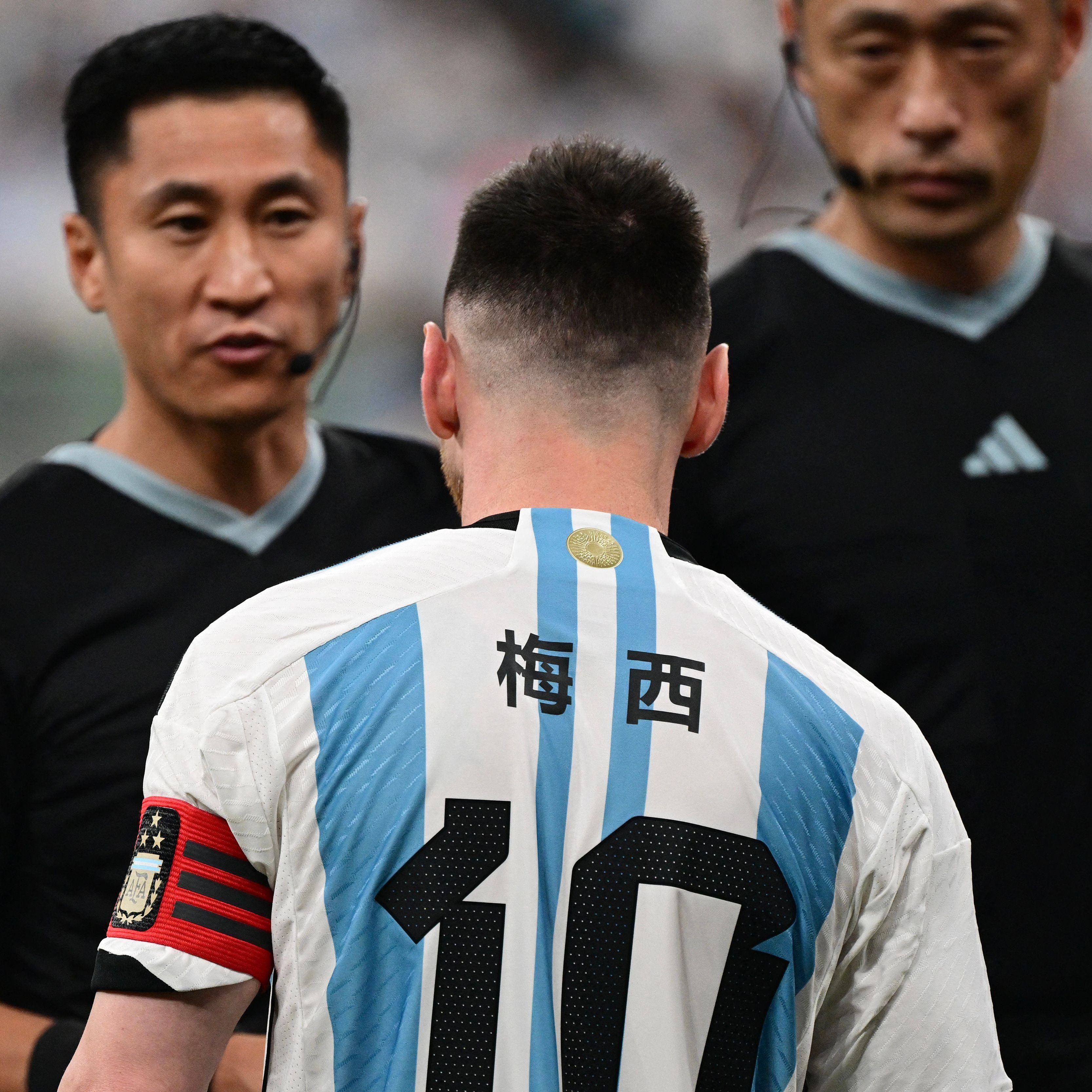Lionel Messi scored in his seventh consecutive game for the national team. And Argentina, as world champions, didn't even concede a goal.

Argentina played an exhibition match in China. Were you surprised already? Only a few understand why they chose such a distant location, especially for a game against Australia. But the answer is clear: a major Chinese investment company organized the match. The occasion was the opening of a 70,000-seat stadium after reconstruction. The media didn't report the figures that the Argentine national team received, but it's undoubtedly a decent sum. Messi's participation was one of the conditions for the world champions to come. But head coach Lionel Scaloni didn't hold back—he fielded almost all the team's stars for the full 90 minutes. The Chinese fans, who created a sold-out atmosphere, were thrilled.
Interestingly, Messi himself had some trouble entering the country. A few days ago, a photo of Leo at passport control went viral on social media. The local authorities were hesitant to let the player into the country. The issue was that Messi had yet to obtain a visa, thinking he could enter China without one, believing that Taiwan and China were now one country with the same rules. It's a funny moment considering modern geopolitics. However, the matter was quickly resolved as Messi obtained an online visa, although he had to spend a couple of hours in the waiting area.
Around 20,000 Chinese fans came to the airport to welcome Leo. His name is now one of the main headlines in the global press, especially since he recently announced his departure from PSG and his move to the United States. This sparked additional interest, but the police managed to control the crowd wanting to catch a glimpse of their idol. Afterward, the crowd moved to the national team's hotel. Some saw a glimpse of their idol, but overall, everything went smoothly. Interestingly, tickets could be purchased for $2,500 or higher on the day of the match. Many people wanted to witness the World Cup champion's game live.
Leo's elevation to a cult status happened even before the match—organizers presented him with a trophy visually resembling the World Cup. Just broader and more enormous. Messi accepted the gift with his inherent modesty. And then the magic began.
He scored the first goal just two minutes into the game. He received the ball outside the penalty area and curved it straight into the corner. It was simply beautiful. It was the fastest goal in his career. Now he has scored in the early minutes as well.
Sadly, after that, the Argentinians faded away. Yes, they had more possession, but almost no attacks. In the ninth minute, Leo tried to get involved again but hit the outside of the net. By the middle of the half, the Australians took the initiative. They had a few decent chances, with the ball even hitting the post once. Argentina's defense could have looked more reliable. However, no goals were scored.
Interestingly, Leo came out for the second half as well. Moreover, he played the entire match. Usually, the time the star should play is clearly defined in exhibition matches. Typically, it's a half or 60 minutes. But not in Messi's case.
After the break, the Australians were tired, so Argentina comfortably controlled the game toward victory. They scored a second goal, with Messi playing a part in it. He provided an assist from a corner to De Paul, who crossed it, and Pessela doubled the advantage. Messi then showcased several impressive runs to the delight of the local audience, the coaches made numerous substitutions, and the referee added a full five minutes of stoppage time. The fans were satisfied with what they witnessed.
After winning the World Cup, Argentina achieved their third consecutive win: following Panama (2-0) and Curaçao (7-0), they have now defeated Australia. Argentina's next friendly match will be against Indonesia in Jakarta. It's unlikely that the captain of the world champions will run the full 90 minutes there.
15.06.2023
